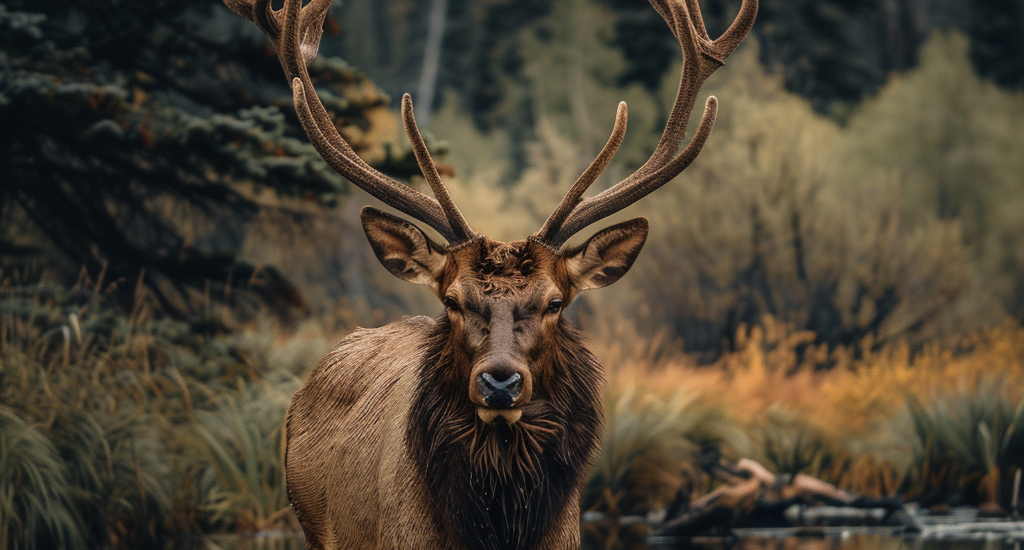Hunting can be a fantastic family activity and a way to connect with nature. However, getting everyone on board, especially those who aren’t into hunting, can be a challenge. Here’s how to get your entire family excited about hunting and help others understand the culture and importance of this age-old tradition.
1. Share the History and Tradition
Tell Stories
- Family Heritage: Share stories about hunting traditions in your family.
- Historical Perspective: Explain how hunting has been a part of human history since ancient times.
Why It’s Important
- Connection to the Past: Helps family members feel connected to their heritage.
- Understanding Culture: Provides context for why hunting is important.
2. Educate About Nature and Wildlife Conservation
Informative Sessions
- Wildlife Conservation: Explain how hunting supports wildlife management and conservation efforts.
- Respect for Nature: Teach the principles of ethical hunting and respecting nature.
Why It’s Important
- Environmental Awareness: Highlights the positive impact of hunting on ecosystems.
- Respect and Responsibility: Instills a sense of responsibility towards nature.
3. Plan Fun and Inclusive Family Outings
Start with Simple Activities
- Nature Walks: Begin with hikes to get everyone comfortable with the outdoors.
- Wildlife Watching: Engage in bird watching or spotting other wildlife.
Why It’s Important
- Ease into Hunting: Gradually introduces the family to the environment.
- Shared Experiences: Creates positive outdoor experiences.
4. Teach Safety and Skills Together
Hands-On Learning
- Hunter Safety Courses: Enroll the family in a hunter safety course.
- Skill Development: Teach essential skills like tracking, setting up blinds, and using equipment.
Why It’s Important
- Builds Confidence: Empowers everyone with the knowledge and skills to hunt safely.
- Shared Learning: Fosters a sense of teamwork and cooperation.
5. Highlight the Health Benefits
Physical Activity
- Exercise: Hunting involves walking, hiking, and sometimes climbing, which are great forms of exercise.
- Mental Health: Being in nature reduces stress and improves mental well-being.
Why It’s Important
- Overall Wellness: Emphasizes the health benefits of hunting.
- Quality Time: Promotes spending quality time outdoors together.
6. Explain the Ethical and Humane Aspects
Ethical Hunting Practices
- Humane Harvesting: Discuss how hunting is more humane compared to industrial meat production.
- Respect for Animals: Teach ethical hunting practices that honor the animal.
Why It’s Important
- Ethical Understanding: Helps family members appreciate the humane side of hunting.
- Moral Values: Reinforces the importance of respect and gratitude for nature.
7. Cook and Enjoy Game Meat Together
Culinary Experience
- Field to Table: Involve the family in preparing and cooking game meat.
- Delicious Recipes: Share tasty and nutritious recipes using game meat.
Why It’s Important
- Shared Meals: Strengthens family bonds through shared cooking and eating.
- Appreciation for Food: Teaches the value of knowing where your food comes from.
8. Involve Kids in Fun and Educational Activities
Kid-Friendly Tasks
- Scavenger Hunts: Create nature-based scavenger hunts.
- Nature Crafts: Engage kids in making crafts from natural materials found during hunts.
Why It’s Important
- Engages Young Minds: Makes hunting and nature exploration fun for kids.
- Educational Value: Provides learning opportunities about wildlife and ecosystems.
9. Communicate Openly with Non-Hunters
Open Dialogue
- Share Your Passion: Explain why you love hunting and what it means to you.
- Address Concerns: Listen to and address any concerns they might have about hunting.
Why It’s Important
- Builds Understanding: Helps non-hunters understand and appreciate your perspective.
- Reduces Misconceptions: Clears up any misunderstandings about hunting.
10. Respect Nature and Teach Sustainability
Sustainable Practices
- Conservation Efforts: Involve the family in conservation projects.
- Leave No Trace: Teach principles of minimizing environmental impact.
Why It’s Important
- Protects the Environment: Ensures that natural habitats are preserved for future generations.
- Ethical Hunting: Promotes a responsible and sustainable approach to hunting.
Conclusion
Getting your family excited about hunting and helping others understand its importance can be a rewarding journey. By sharing the history, educating about conservation, involving everyone in fun activities, and emphasizing the ethical aspects, you can foster a deeper appreciation for this ancient tradition. Respect nature, enjoy the outdoors, and build lasting memories together!


